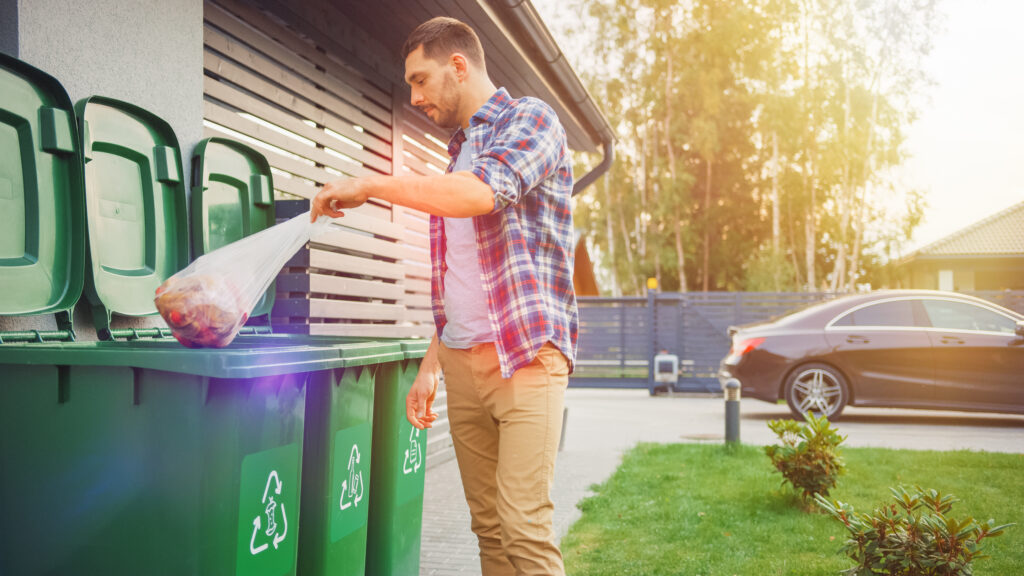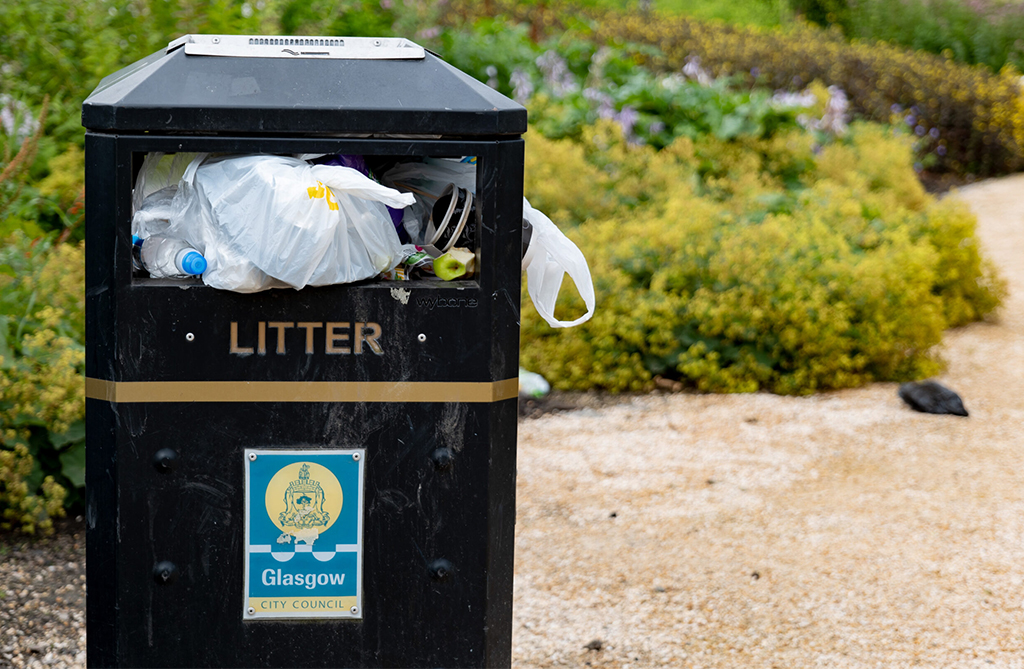Waste is an unavoidable aspect of everyday life, whether this is packaging, organic, rubble, or simply generic waste, we all produce it across the globe. Experts looking into waste statistics have estimated that by 2030, 2.59 billion tonnes of rubbish will be generated annually, and this figure will rise even further to 3.40 billion by 2050 – now, that is a load of rubbish (literally).

So what is causing this influx of waste?
Well, this growth stems from many things, one of which is population and economical growth. The population increase has heightened the demand for more houses and better infrastructure, all of which have seen waste levels also increase. This influx includes waste generated from households, businesses, and on-the-go waste which is produced in communal areas such as parks, city centers, streets, etc.
Coupled with population growth, consumer shopping demand also plays a role in the waste increase. Now with the ease of online shopping, the e-commerce world has boomed and now over 30% of the shopping market is done so online. The problem with this type of shopping service is that it will typically use more packaging than store-bought items, which is contributing to this rubbish pile issue.
What’s the big problem?
It is just a load of rubbish, right? Well, we have to disagree! It is important we are managing our waste and taking control of it, so we don’t overload the planet and its resources. Whether we are walking our dog, on the commute to work, or going out for the day, I am sure we have all witnessed excessive amounts of litter scattered across our beautiful environment. And whilst it is easy to point the finger at the material or even the brand, the blame must be placed on the individual that littered the item. Litter, whether intentional (which 80% is) or an accident, it is down to poor waste management.
It is not only litter that is caused by poor waste management, contamination in waste is also a big problem within the industry. Binning your waste is better than littering, however disposing of rubbish in the wrong bin can cause problems of its own with cross-contamination. Placing un-recyclable items in a recycling bin, could ruin the entire batch and leave it unrecyclable, often this can no longer be treated and will be sent to a landfill instead of being recycled.
Let’s deal with it!

So what can we do? Well, first of all, we must take good care of the rubbish we produce, and take responsibility for it, handling it in the correct manner. This includes ensuring all of our waste is disposed of in a waste bin, rather than littered – and that this bin is the correct one for that waste type. If you can recycle you should! As for the local authorities, it is their job to ensure there are enough facilities to manage waste in their area, this includes providing residents with sufficient bins to capture waste, alongside regular collections. For waste produced on the go, there must be sufficient, clear, and regularly emptied bins in ‘hot spot’ areas, and if needed, more bins may need to be added as the population and footfall increase.
How can we help?
Waste is better collected when bins have a bag within them, this helps with the capture and containment of the waste and recycling. The use of waste sacks such as refuse sacks, compactors sacks, and wheelie liners, increase participation rates, reduces odour and mess, and also helps make the disposal of waste far easier, reducing risks of littering. Cromwell’s range will have a waste solution to enclose all your rubbish needs, so why not download our brand new 2023 Product Information Pack, to view our full range, or you can give us a call, and chat ‘rubbish’ with our team, we can find a waste solution for your needs!